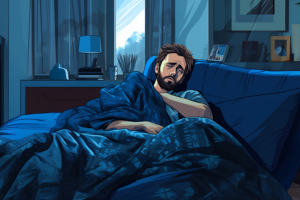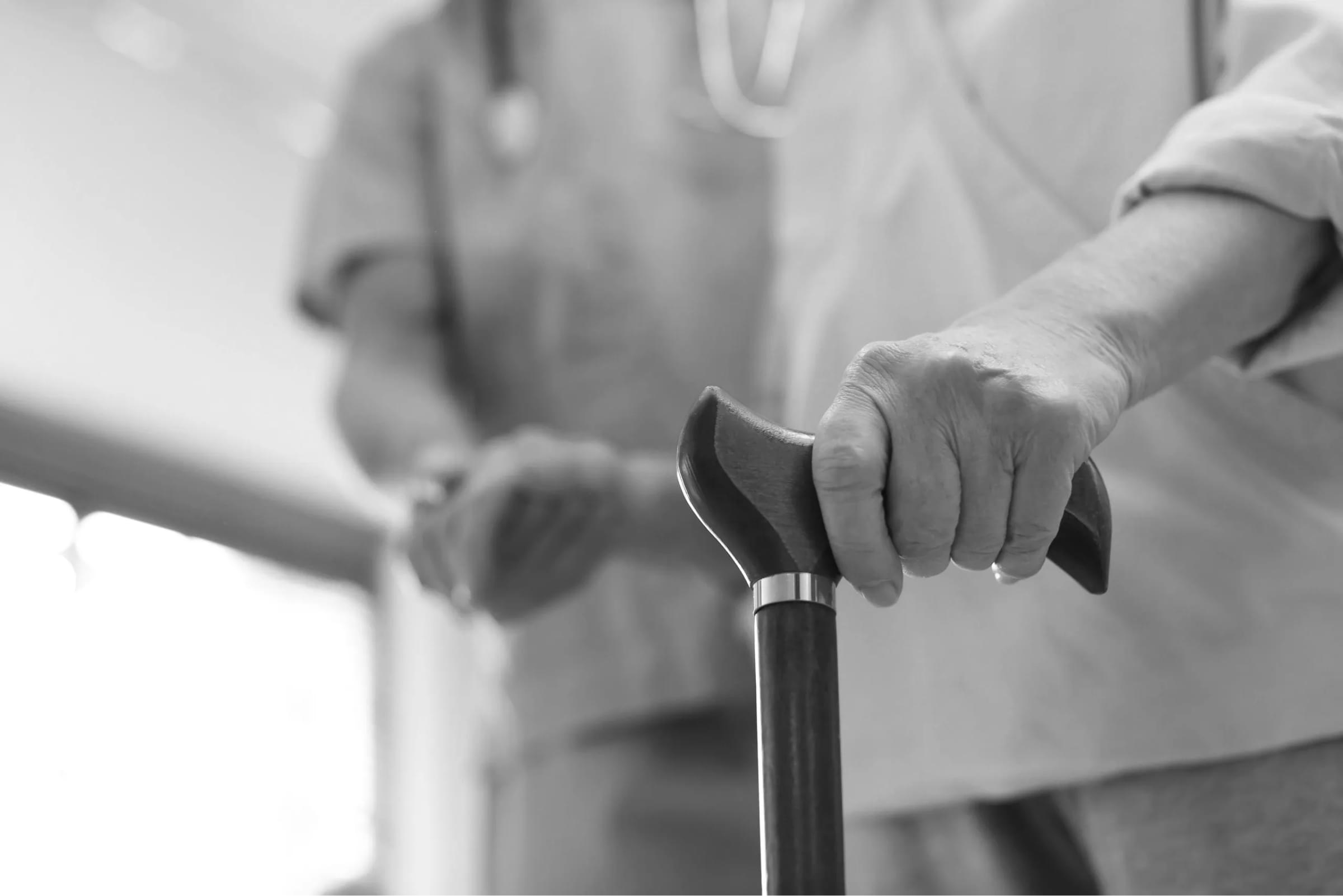Does Depression Qualify For Social Security Disability Benefits?

We have become increasingly aware of depression and the effects it has on people’s lives. According to the Substance Abuse and Mental Health Administration, an estimated 21 million adults have had a major depressive episode. A common question for those experiencing some form of clinical depression is “Can you qualify for Social Security disability benefits if you have depression?”
The answer is: potentially. For clinical depression to qualify you for Social Security disability benefits, it must meet the Social Security Administration’s definition of disability. Certain nuances exist regarding disability benefits for mental health conditions. Depression is no exception.
Table of Contents
- Is Depression Considered A Disability?
- What Is The Criteria For Depression?
- Can You Get SSDI For Depression?
- Can You Get SSI For Depression?
Is Depression Considered A Disability?
Major depressive disorder, commonly referred to as clinical depression, is considered a disability by the Social Security Administration (SSA) and the Americans with Disabilities Act (ADA).
The Americans with Disabilities Act defines a disability as “a physical or mental impairment that substantially limits one or more major life activities.”
The Social Security Administration defines a person with a disability as someone unable to engage in any “substantial gainful activity” because of a medically determinable physical or mental impairment(s) that is either expected to result in death, or has lasted or is expected to last for a continuous period of at least 12 months.
Substantial gainful activity is any activity that requires physical and/or mental effort, and currently generates or can generate income above a certain level. The income threshold considered “substantial gainful activity” is updated yearly. In 2024, the substantial gainful activity limit will be $2,590 for the blind and $1,550 for non-blind people with disabilities.
If your clinical depression is preventing you from finding or keeping employment, you may be able to file for Social Security disability benefits. The Social Security Administration keeps a blue book, which lists different categories of physical and mental health conditions. Clinical depression falls under the category “Depressive, bipolar and related disorders.”
This category includes major depressive disorder, persistent depressive disorder, bipolar disorders (I and II), cyclothymic disorder, and bipolar or depressive disorders caused by other medical conditions.
What Is The Criteria For Depression?
According to the Social Security Administration’s blue book, depressive disorders are marked by depressed mood, diminished interest in almost all activities, appetite disturbances, change in weight, sleep disturbance, observable psychomotor agitation or retardation, decreased energy, feelings of guilt or worthlessness, difficulty concentrating or thinking, and/or thoughts of death or suicide.
The most common depressive disorders are major depressive disorder and persistent depressive disorder. People with major depressive disorder will experience depressive episodes, in which they experience at least five symptoms over a period of two weeks or more.
People with persistent depressive disorder will experience a lower-level, yet chronic, long-term state of depressed moods. The symptoms last for more than two years in adults, and people with persistent depressive disorder do not experience symptom-free periods of longer than two months.
Can You Get SSDI For Depression?
To qualify for SSDI for your depressive disorder, your depression has to meet the Social Security Administration’s benchmark for a disabling condition and you have to have qualifying work history. In addition, you would have had to pay taxes that go into the Social Security system.
For most adults, you have to have worked five out of the ten years prior to the onset of your physical or mental impairment. This time is measured in credits, with one year equaling four credits. However, there is a slightly different set of criteria for younger workers. If the onset of your impairing condition happened before you turned 24, you will need six credits from the prior three years. If the onset of your disability occurred between ages 24 and 31, you need to have worked for half the time between age 21 and the age you became disabled.
Can You Get SSI For Depression?
To qualify for SSI for your depressive disorder, your depression has to meet the Social Security Administration’s definition of a disabling condition, and your income and assets cannot exceed the benchmark set for Supplemental Security Income.
SSI is a needs-based program intended for those with disabilities and/or limited income and resources. If you are capable of generating an income above the threshold considered “substantial gainful activity,” you will not qualify for Social Security disability benefits. If you have resources above a specific threshold, you will be disqualified from SSI specifically. Generally, the SSI limits are $2,000 for individuals and $3,000 for couples.
Consult A Social Security Disability Attorney
If you have further questions about depressive disorders and your eligibility for Social Security disability benefits, contact us at 833-MY-DISABILITY (833-693-4722) for a free consultation.
Do not pursue the disability application or appeals process alone. If you are unable or no longer able to work due to a physical or mental disability, our Social Security disability attorneys can help you obtain SSDI or SSI benefits. There are no upfront fees for our consultations, representation or other disability services.
